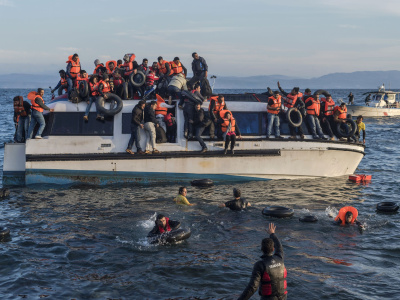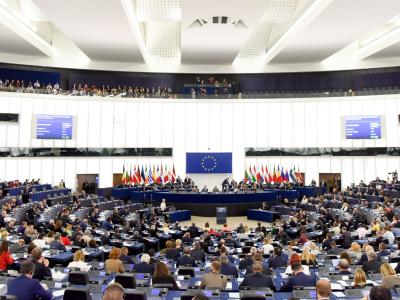
Governing a new broad instrument for EU external action: The ins and outs of the institutional power struggle
In this briefing note, we set the scene for the institutional battle over the governance of the proposed €s89.2 billion Neighbourhood, Development, International Cooperation Instrument (NDICI). We identify a number of thorny issues to look out for in the upcoming negotiations between the Council of the European Union, the European Parliament and the European Commission.
Summary
These three institutions have their own interests, which they will seek to advance to maintain – and even enhance their influence over the instrument. Yet, in doing so they must not lose sight of the bigger picture and the acknowledged need for a more strategic, coherent and responsive EU external action. A number of trade-offs will be needed to find the right balance between a more interest-driven and flexible instrument on one hand, and enhanced transparency and accountability on the other. This will mean:
- clarifying the role of the European Parliament in shaping policies,
- creating mechanisms for the strategic steering of the instrument and an appropriate forum to involve the member states,
- giving a stronger role to the European External Action Service in the overall coordination of the instrument, and
- specifying the criteria and guarantees for tapping into the flexibility cushion.
Moving forward, a number of considerations should be kept in mind for the future governance setup of the NDICI:
- avoiding creating additional processes, but building on and improving what is already in place,
- fostering smoother communication between external affairs and foreign policy actors that the NDICI aims to
bring together, - promoting informal mechanisms too, beyond the purely legal/procedural regulations.




